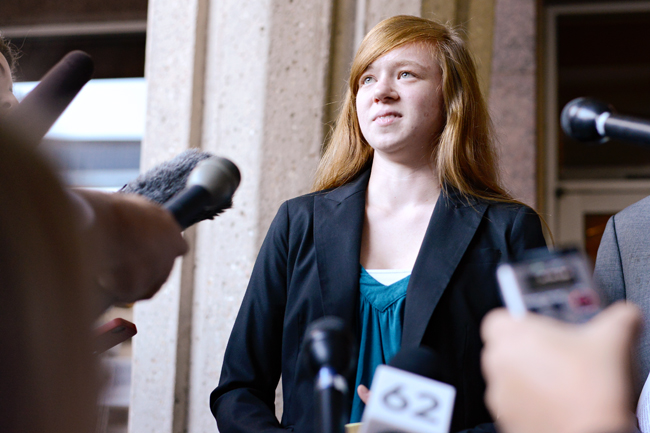Analysis: Texas narrowly defends one-man, one-vote apportionment stance before Supreme Court

*After yesterday’s epic day at the U.S. Supreme Court where the concept of one-man, one-vote was challenged by a well organized group of extreme right-wing activists, that same group returned to the court today to challenge affirmative action in college admissions. This Dallas Morning News article deconstructs the issue at hand in a play-by-play account so as to better understand its history and nuances. This is a very important case for U.S. Latinos. VL
 By Michael A. Lindenberger, The Dallas Morning News
By Michael A. Lindenberger, The Dallas Morning News
WASHINGTON — If the best offense really is a good defense, Texas Solicitor General Scott Keller began his argument before the Supreme Court on Tuesday in an enviable position. All he had to do was convince at least five justices that the Constitution doesn’t absolutely forbid Texas and every other state from using total population, rather than the number of eligible voters, to divvy up state legislative districts.
That’s how every state has been drawing voting maps for half a century, and many state officials and voting-rights advocates say it’s the only fair way to protect non-voters’ rights to be represented in state legislatures. Texas’ position, however, was softer. Keller argued that states could use other measures — such as the number of eligible voters, as the plaintiffs suggested — to draw its maps, but the Constitution doesn’t require it.
But late in the arguments, Keller’s former boss, Justice Anthony Kennedy, seized on that ambivalence and suddenly made it look like a vulnerability.
Cliock HERE to read the full story.
[Photo by Michael Todd, coiurtesy of The Daily Texan]

